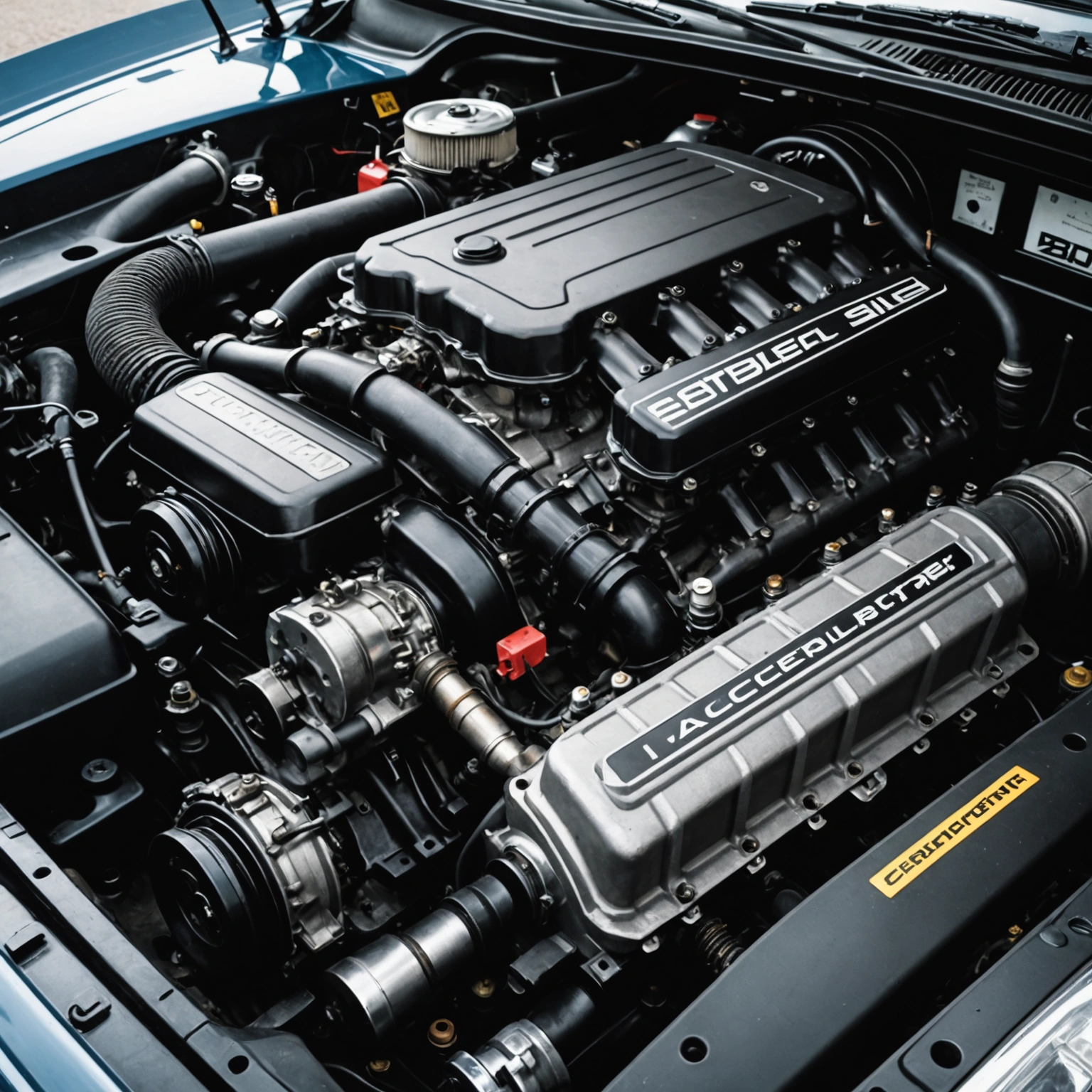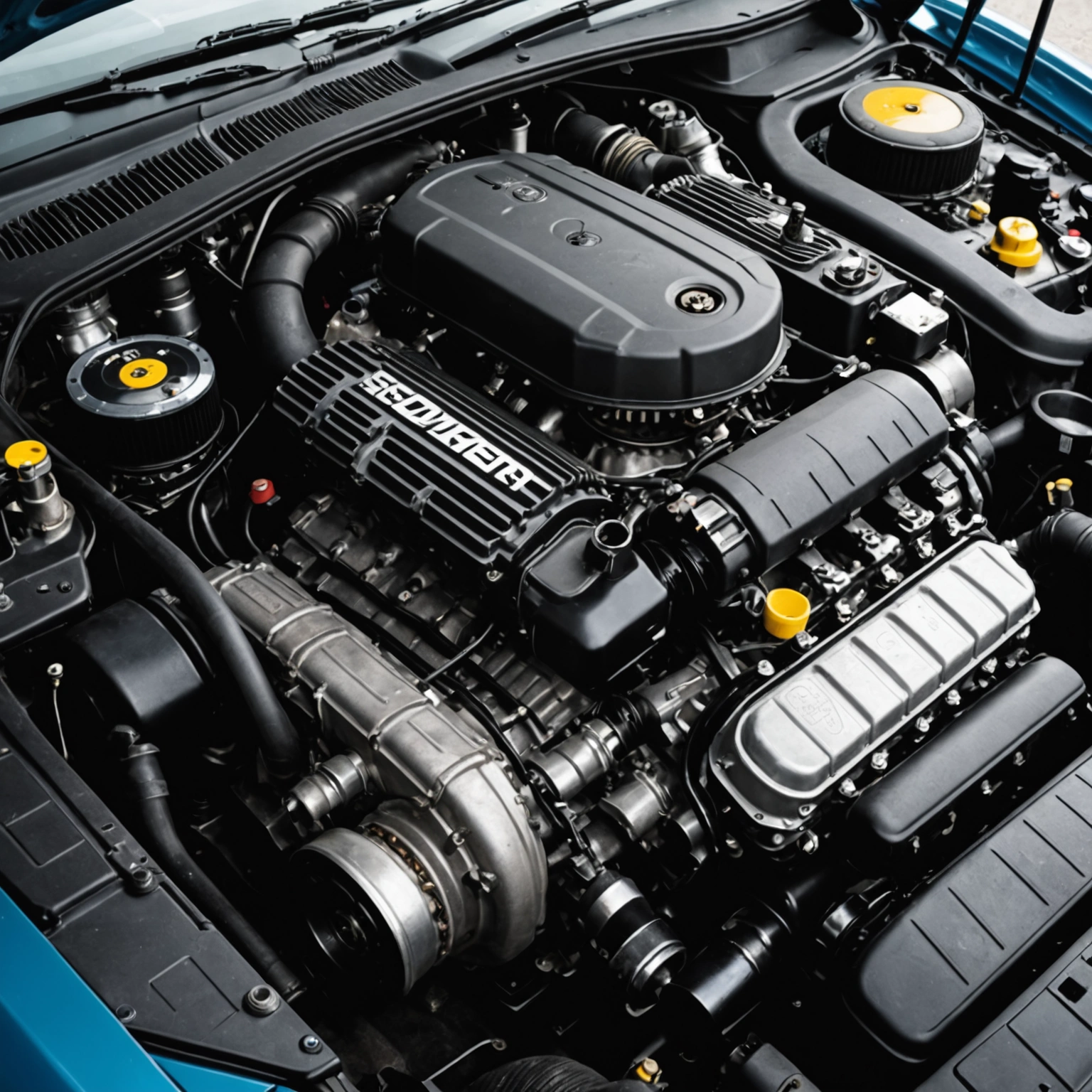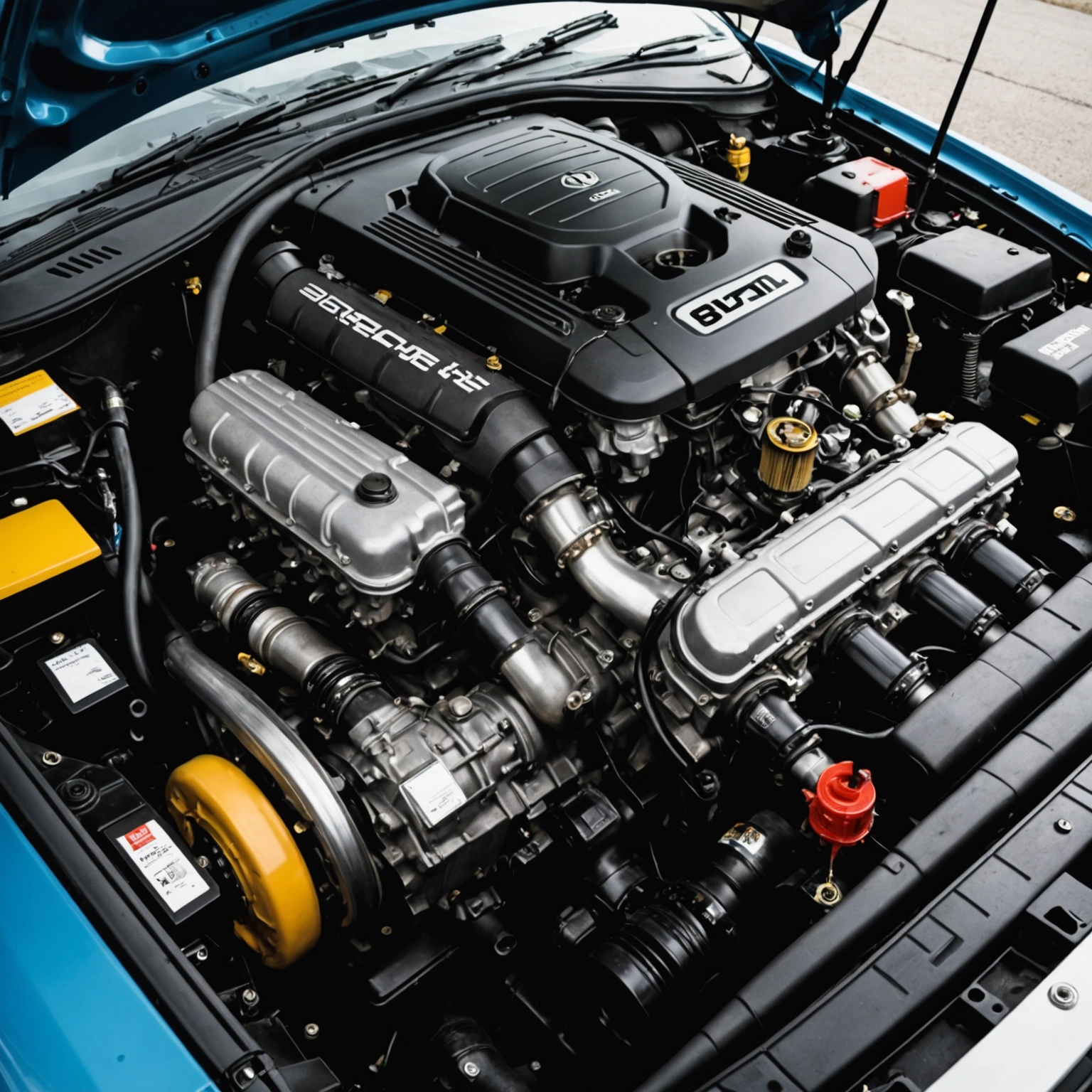**Why Does My Car Engine Shake When I Accelerate? Causes and Solutions**
Experiencing engine shaking during acceleration can be unsettling. It not only affects the comfort of your drive but might also signal underlying issues that could lead to more significant problems if left unaddressed. Understanding the common causes of this phenomenon can help you diagnose the issue early and determine whether professional inspection is necessary.

### Common Causes of Engine Shaking During Acceleration
1. **Ignition System Problems**

– **Worn Spark Plugs:** Faulty or worn spark plugs can cause misfires, leading to rough engine performance and shaking during acceleration.
– **Ignition Coils Issues:** Malfunctioning coils can result in inadequate spark delivery, causing the engine to misfire.

2. **Fuel Delivery Issues**
– **Dirty Fuel Injectors:** Clogged injectors can disrupt the proper fuel-air mixture, leading to engine hesitation and shaking.

– **Fuel Pump Problems:** A failing fuel pump may not supply consistent fuel flow, causing rough acceleration.
3. **Air Intake or Vacuum Leaks**
– Leaks in the intake manifold or vacuum hoses can disrupt the air-fuel ratio, causing the engine to run unevenly and shake.
4. **Engine Misfire**
– Misfires occur when one or more cylinders fail to ignite properly. This can be caused by ignition or fuel system issues and often manifests as shaking during acceleration.
5. **Dirty or Faulty Sensors**
– Sensors such as the Mass Air Flow (MAF) or oxygen sensors, if malfunctioning, can send incorrect data to the engine control unit (ECU), leading to rough operation.
6. **Engine Mount Problems**
– Worn or broken engine mounts can cause the engine to vibrate excessively, especially noticeable during acceleration when the engine’s power increases.
7. **Transmission Issues**
– Problems with the transmission, such as slipping or failing clutch components (in manual transmissions), can cause shaking during acceleration.
8. **Exhaust System Problems**
– Exhaust leaks or damaged catalytic converters can affect engine performance and cause vibrations.
### What Should You Do?
– **Check for Warning Signs:** Notice if the shaking is accompanied by other symptoms like rough idle, poor fuel economy, or engine warning lights.
– **Inspect Basic Components:** Examine spark plugs, air filters, and visible vacuum hoses for signs of wear or damage.
– **Professional Diagnosis:** If you’re unsure or unable to identify the cause, it’s best to visit a qualified mechanic. They can perform diagnostic tests, such as ECU scans, to pinpoint the problem accurately.
### Preventive Tips
– Regularly scheduled maintenance, including spark plug replacement, air filter changes, and fuel system cleaning, can prevent many issues.
– Address any warning signs promptly to avoid costly repairs down the line.
– Use quality fuel and ensure your vehicle’s sensors and components are in good condition.
—
**In Summary**
Engine shaking during acceleration can stem from various issues, ranging from ignition and fuel system problems to engine mounts and sensors. Prompt diagnosis and maintenance are key to ensuring your vehicle runs smoothly and safely. If you’re experiencing persistent shaking, don’t hesitate to seek professional assistance to keep your driving experience comfortable and reliable.
—
*Stay tuned for more automotive tips and insights! Safe driving!*

